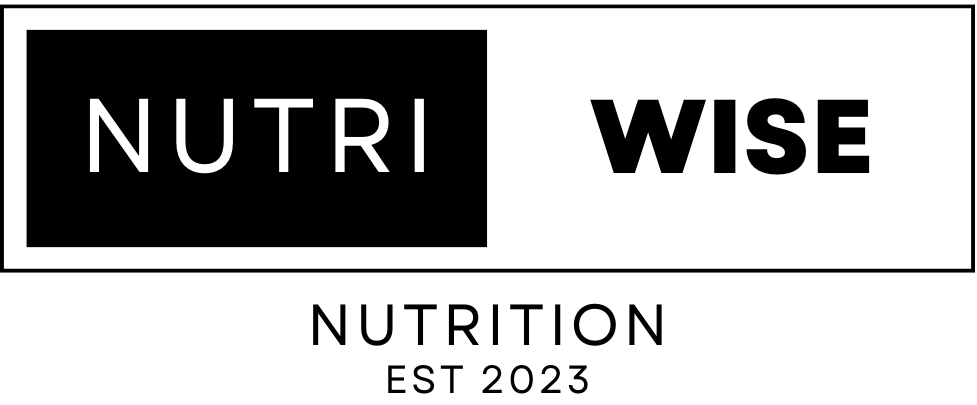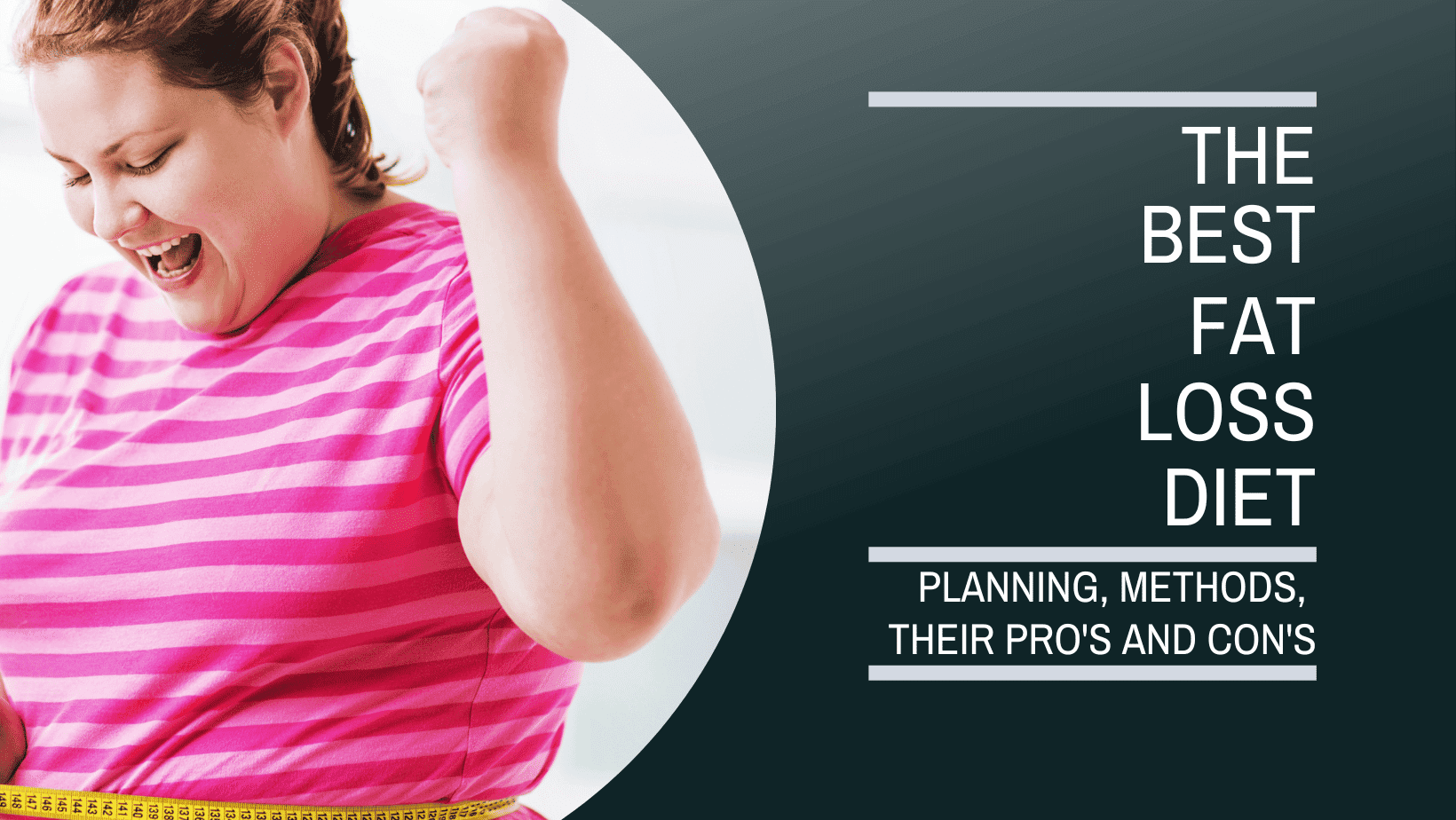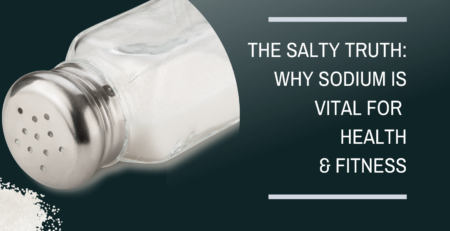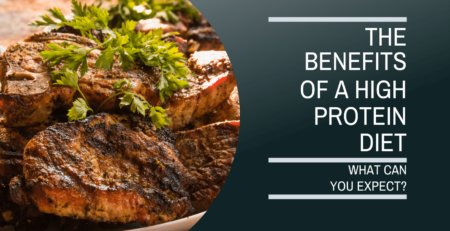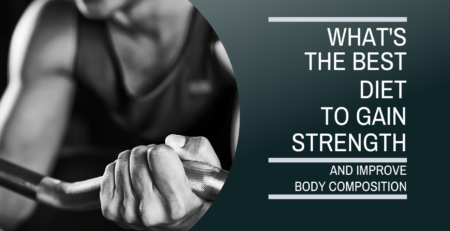What Diet Is Best For Fat Loss?
Do you dream of dropping dress or pants sizes and shedding the extra kilo’s? What about getting your “old body” back? If so, you’re not alone. Millions of people around the world are desperate to do just that and continually look for quick fixes to accomplish this for them. What they really need to know is that without controlling what goes in and up-regulating their energy expenditure nothing will happen.
Can a diet alone produce results? Sure, but what diet is best when it comes to fat loss? From low-carb to vegetarian lifestyles, there are countless options available to slim down. But which method will help you reach your goals quickly and effectively?
In this article, we’ll reveal the secrets behind successful fat loss strategies. We’ll examine how different diets affect our bodies in various ways – helping us to determine which one really works best for long-term success. Discovering the right dietary approach can be daunting – but it doesn’t have to be! With an informed understanding of some popular options, you can create a plan that helps you look and feel your absolute best.
Ready to get started on your journey towards sustainable weight loss? Read on for all the insider information about dieting for fat burning success!
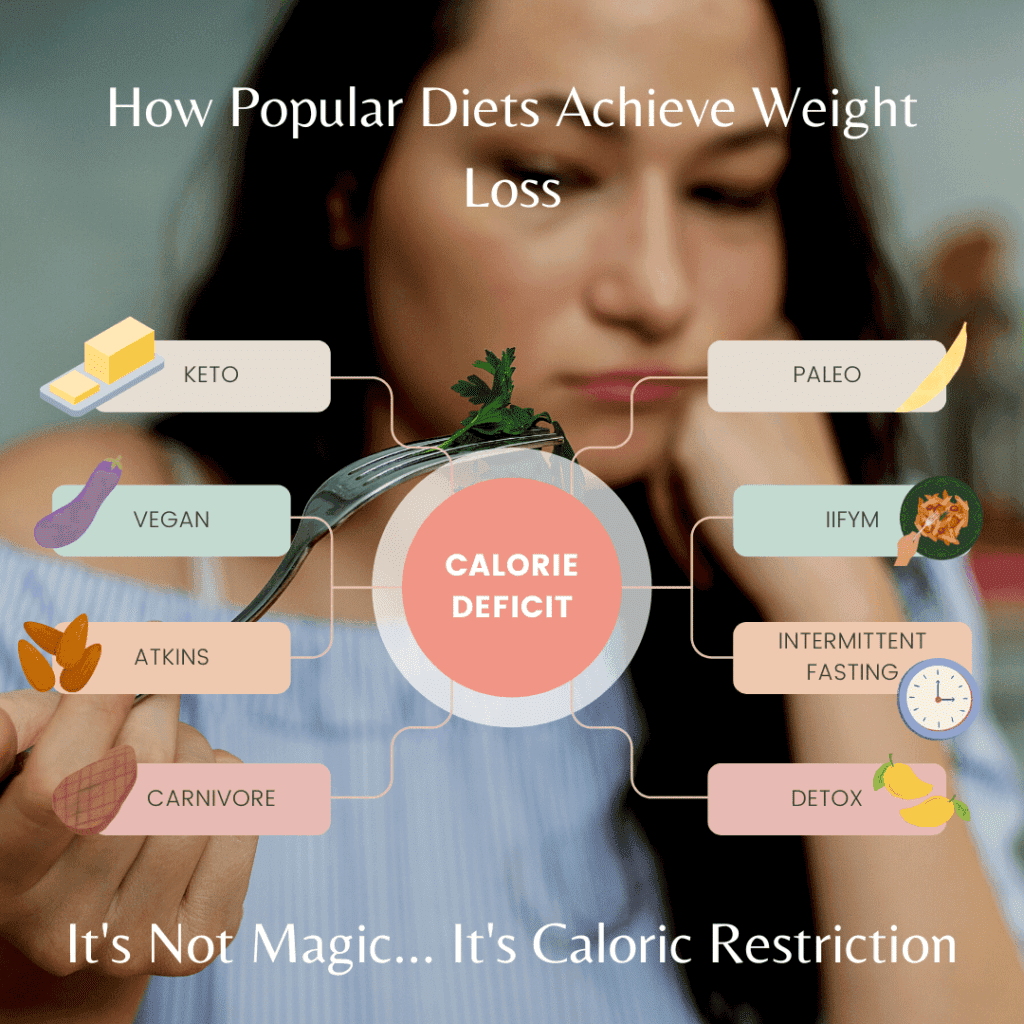
Understanding The Basics Of Weight Loss
I really dislike the term “weight loss”. Unless you have some requirement that you maintain or be under a certain weight it largely does not matter. I’ll continue to use the term though, because that’s what people Google and hopefully they see my points in this article. When it comes to weight loss, the basics are key. Having an understanding of how your body works and what you need to do to achieve your desired results will give you a better chance of success.
First off, in order for any diet plan to be effective in producing weight loss, it must require fewer calories than what is needed to maintain your current weight. You’ll need to create an energy deficit by reducing calorie intake or increasing activity levels or both. This means monitoring portion sizes and being mindful of what types of food you eat – switching out high calorie options for lower calorie options that align with your goal when possible.
Another important factor is consistency. Consistent eating habits can help ensure that you reach your goals without compromising on nutrition, as well as avoid mixed signals from sending your body into what some people call ‘starvation mode’ – which isn’t a thing by the way, but more about that later. Developing healthy lifestyle habits like regular exercise and including a variety of nutritious foods also helps keep hunger at bay while providing essential vitamins and minerals required for optimal health.
By following these basic principles, along with finding a diet plan that fits within your budget and lifestyle preferences, you’re more likely to experience long-term success with achieving your weight loss goals. If you can’t adhere to it, it’s not going to work.
What Is The Best Diet For Weight Loss?
No one diet burns more fat or causes you to lose more weight than another. There are techniques you can employ in any diet to boost your metabolic rate though. Finding the right diet for weight loss can be like navigating a minefield. But, with a little research and effort, you can find the perfect plan to help you reach your goals. To set yourself up for success, let’s explore what many people argue to be the best diet for losing weight: intermittent fasting.
Intermittent fasting involves alternating periods of eating and fasting over predetermined time intervals, usually between 16-24 hours. During these fasts, people are allowed to drink calorie-free beverages (like water or black coffee) but abstain from food consumption. This form of caloric restriction encourages the body to mobilise stored fat to be converted to glucose. This process isn’t very efficient, so as the body needs energy it will also liberate fat through lipolysis to use as energy also.
There are a couple of physiological effects reported through studies showing that certain hormones were activated during fasting which helped combat hunger, therefore helping people eat less overall calories without feeling deprived as they still got to eat during their eating windows. It’s important to note though, other studies equated the same level of caloric restriction to groups who ate normally and maintained a regular protein intake, their results weren’t noticeably different to the intermittent fasting groups studies.
What this tells us is that there is not a one size fits all approach to weight loss. Some people will be able to stick to an intermittent fasting and find it suits their lifestyle, whilst others will find a flexible dieting approach is better for them. It all comes down to caloric restriction and what you can stick to.
Benefits Of Low-Carb Diets
Low-carb diets are becoming increasingly popular for people looking to lose weight. For one, they help reduce your overall calorie intake which is key in losing weight. Additionally, these types of diets can also boost metabolism and promote fat burning too. This is done by focusing on protein, which has a higher thermic effect than carbohydrates and fats.
But that’s not the only benefit of a low-carb diet. Many people eat a disproportionate amount of carbohydrates in relation to the other macronutrients; protein and fat. This puts the body under constant pressure to deal with the blood sugar created. The resulting state is one of constantly high insulin where the body eventually becomes resistant to it and you become diabetic.
Eating a low to moderate amount of carbohydrates helps you better regulate blood sugar spikes after meals. When insulin is high you aren’t burning fat – insulin is a storage hormone. This helps to make it easier for your body to stay in an optimal fat burning state throughout the day. Plus, when carbs aren’t readily available as fuel sources, your body will be required to mobilise stored fats to fuel glucose production instead – leading to more fat loss when combined with a calorie deficit!
Pros And Cons Of Low-Fat Diets
“A journey of a thousand miles begins with one step.” This adage perfectly applies to the process of weight loss, after all you didn’t wake up one day overweight. Reversing the weight gain is the same, you do not wake up one day suddenly skinny. This is why selecting the right diet is an important first step – you need to be able to adhere to it as long as is required to achieve your goal.
Low-fat diets have been around for a long time and can be beneficial in helping individuals lose weight and are often medically needed when one has consumed excess fat in the form of fried foods in their diet for prolonged periods of time. Let’s take a look at their pros and cons.
The primary benefit of low-fat diets is that they reduce calorie intake by eliminating or reducing high fat foods which are often high in calories and for most people, have been deep fried. By cutting these items out of your diet you should end up eating fewer calories overall and thus losing weight. Additionally, some studies have shown that following a low-fat diet can help lower cholesterol levels and improve cardiovascular health which is important if those are out of control.
On the flip side, there are also some drawbacks to this type of diet. Many processed “low-fat” products contain added sugar which spikes blood sugar and insulin levels (a poor choice if you’re insulin resistant) as well as adds unnecessary calories – not ideal if you’re trying to stay healthy! Furthermore, restricting certain fats (which our bodies need) could cause deficiencies over time leading to other potential issues like vitamin deficiency or fatigue.
It’s clear then that while low-fat diets offer benefits such as reducing calorie intake and improving heart health, they come with some drawbacks too – namely added sugars in processed foods and possible nutrient deficiencies. No single approach works best for everyone so it’s important to consult with a professional if you’re unsure about the correct approach for you.
Meal Planning For Weight Loss Success
Meal planning is essential for successful weight loss. It provides structure to your diet and helps you stay on track with reaching your goals. Planning ahead allows you to have control over what you eat each day, as well as the portion sizes of food consumed. It also prevents impulse eating that can come from not having an idea of what meals are planned throughout the week.
When meal planning for weight loss, it’s important to focus on whole foods such as fruits, vegetables, meat, dairy and whole grains. These types of foods provide the body with necessary nutrients and help keep hunger at bay throughout the day. Also make sure to include plenty of fiber in order to feel full longer after a meal. Additionally, including snacks in-between meals can prevent overeating during mealtimes if done correctly by choosing satiating options like nuts or fruit.
It’s also important to consider how many calories one consumes per day when trying to lose weight; this will depend on individual factors such as activity level, age, gender and caloric needs based upon personal goals. Eating fewer calories than needed daily may lead to feelings of deprivation which could ultimately result in quitting the diet altogether – something no one wants! Establishing a balanced approach between consuming enough nutrition while cutting back slightly on calorie intake is key for achieving lasting success with any weight loss plan.
Conclusion
The key takeaway from this article should be that you need to find a dietary intervention that works for your lifestyle, otherwise you won’t stick with it. One this I am sure about is that you do not need to do detoxes or shake diets to lose weight, you need to learn what you need to eat and how to apply that to your goal.
Low carb diets are effective for those with insulin resistance, intermittent fasting is useful for people who have extremely busy days. When it comes to weight loss, there is no one-size-fits-all diet. Everyone’s body and lifestyle are different, so the best approach will vary from person to person. Whatever option you choose, remember that meal planning is an extremely helpful tool for successful weight loss. Taking the time each week to plan out your meals in advance can save you time and money while also helping you reach your goals faster.
At the end of the day, finding which diet makes sense for you should not be a fearful exercise either, it is all about trial and error. I have experimented with dozens of methods over the years and each experiment lasted anywhere from 1 week to 6 months. The more you try the more you learn and grow. The biggest difference I found in my own journey was hiring a coach who could explain why certain approaches did and didn’t work for me. Having someone in your corner who can keep you on track and handle your nutrition is a real advantage if it is all too much to work through.
With dedication and perseverance, you’ll be able to achieve your desired results in no time at all. Good luck on your journey towards healthier living!
